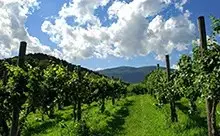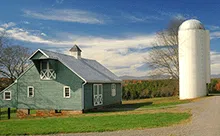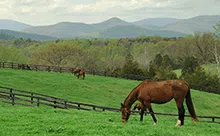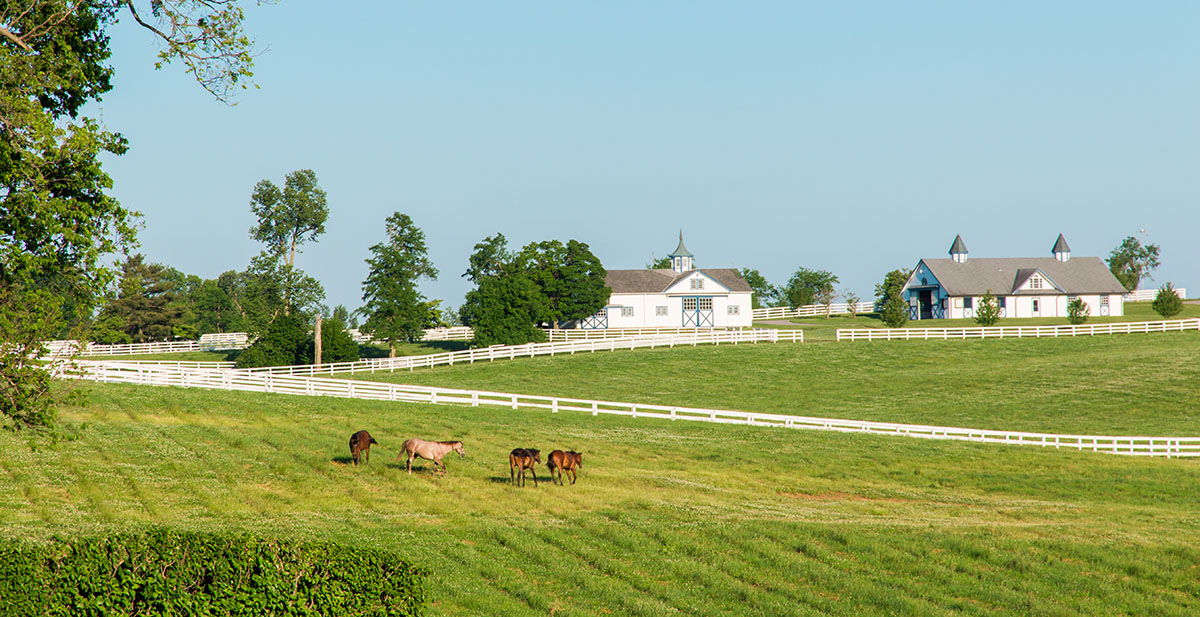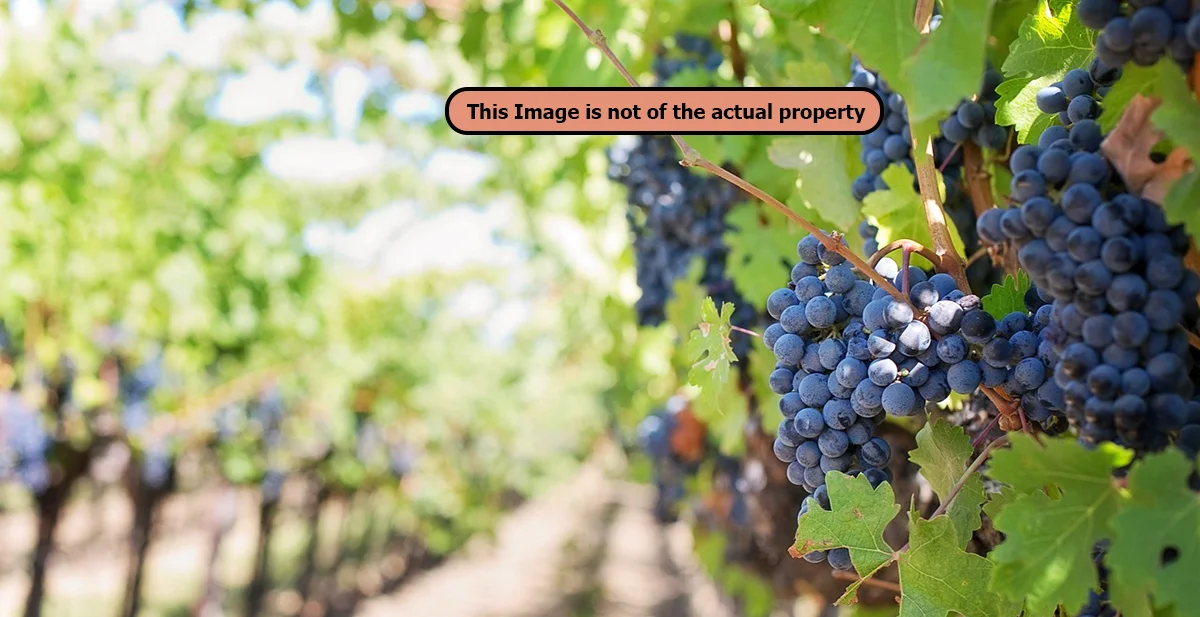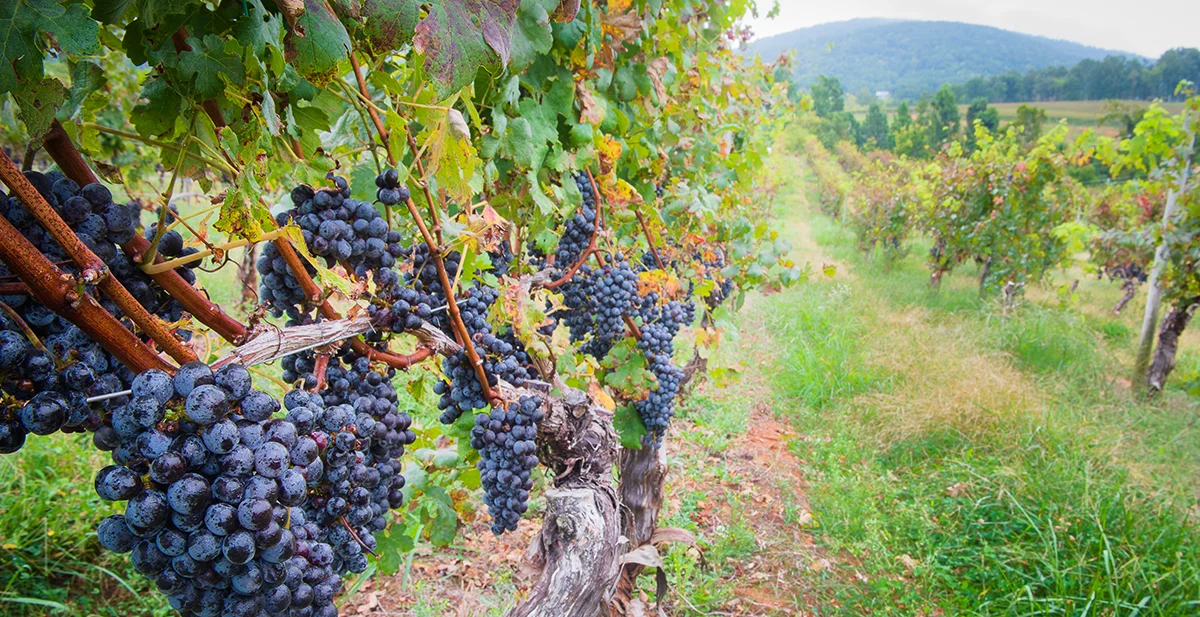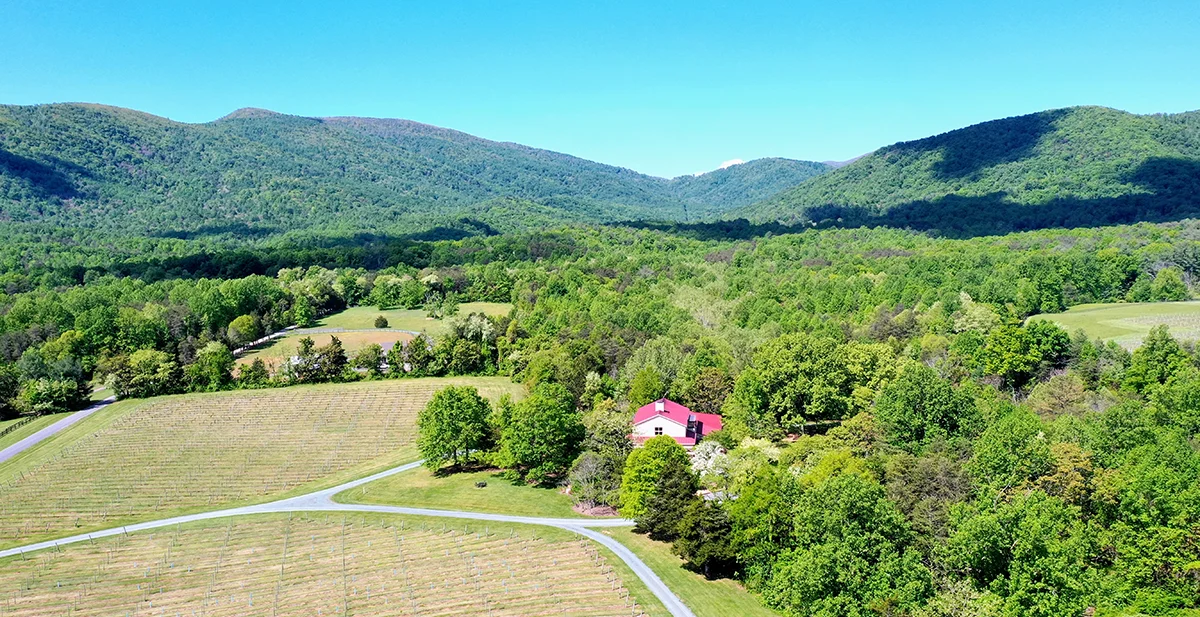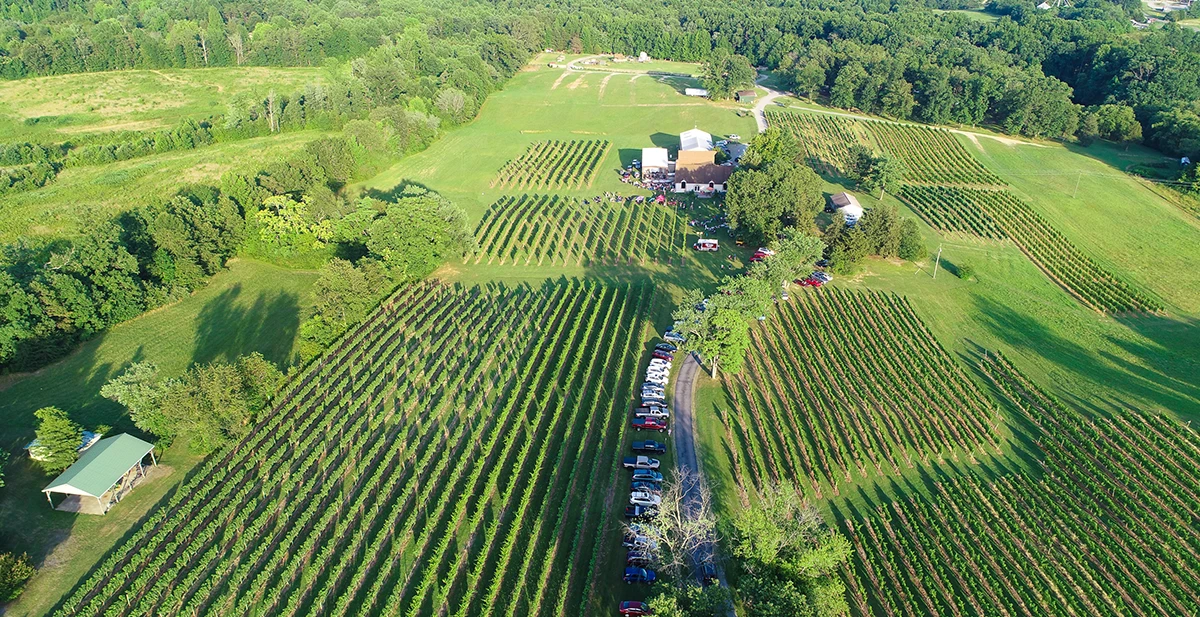
home / virginia real estate / farms / starting your virginia farm / the crop farm
Starting a Virginia Crop Farm
Virginia’s History as a Farmer’s Paradise
With its mild climate and nutrient-rich soil, Virginia offers the ideal growing conditions for dozens of crops. Because of its rich soil and the acres of lush, protected mountain land, Native Americans planted seeds and harvested crops in the area for about 3,000 years before the English arrived.
Many Native American tribes chose to settle in the area as Virginia’s fertile land meant an abundance of grain, beans, and vegetables. So many crops flourished in the area that the Native American villages in Virginia couldn’t consume it all and were able to store the surplus for later distribution.
Since the Virginia soil was perfect for the new cash crop at the time of the arrival of Europeans in America, the new settlers spread out across Virginia to raise tobacco for export.
Though its been several centuries since the Powhatan tribe and the new settlers farmed together, those looking to grow food for themselves or for commercial sale still flock to Virginia.
In addition to the superb growing conditions the area offers, Virginia still has a market for “truck farming” where crops are trucked from the farm straight to the city to be sold fresh.
This eliminates problems that that plague farmers elsewhere such as costs and quality reduction associated with shipping produce and selling through a middleman such as a grocery store. The growing demand of Virginia’s loyal customer base means that even a new farmer will be able to sell his crops for a profit.
With five different climate regions within the state (Tidewater, Piedmont, Northern Virginia, Western Mountain, and Southwestern Mountain), farmers are able to find land in Virginia suitable for most crops. Although the Blue Ridge Mountains in western Virginia can have cold winters, areas around Warrenton, Lynchburg, and Charlottesville are known for their long growing seasons with temperatures rarely dropping below 0° F.
The regions similarly vary with regards to rainfall. In the Shenandoah Valley, annual rainfalls average about 33” compared with an annual rainfall of more than 60” in the southwestern Virginia mountains. Virginia boasts over 1,000 recognized Century Farms, or farms that have been operating continually for at least 100 years.
Raising Crops for Profit
Given Virginia’s abundance of fertile land and varied climate regions, many crops are extremely well-suited to the area:
- Asparagus is well-adapted to Virginia, and tends to be an extremely profitable crop for the fresh market, but is not grown in Virginia for processing.
- Beets, like asparagus, aren’t grown in Virginia as a processing crop. They are adapted to Virginia for the fresh market, but the demand is limited and most farmers don’t use beets as their primary crop.
- Broccoli is a successful fall crop in Virginia.
- Brussels sprouts are well-adapted to every climate region of Virginia.
- Cabbage is well-adapted to every climate region of Virginia.
- Carrots grow well in cooler areas of Virginia, such as the Blue Ridge Mountains.
- Cauliflower flourishes in all of Virginia.
- Collards are grow well in all of Virginia.
- Corn is Virginia’s #2 cash crop. Most corn in Virginia is grown for grain, and corn for grain generated $101 million in sales in 2007 alone.
- Cucumbers are well-adapted to all of Virginia, and are grown both for the fresh market and for processing into pickles.
- Eggplant is well-adapted to every region of Virginia.
- Garlic, primarily elephant garlic, is a successful cash crop in Virginia.
- Gourds are currently grow in a limited capacity in Virginia and show great promise as being the next cash crop. There are many different varieties of gourds, though, and farmers should order seeds of gourds suited to the conditions of their region.
- Kale is a successful crop in Virginia with a continually growing demand.
- Green-fleshed melons are specialty melons that are well-adapted to areas of Virginia with light, very well-drained soils with hot dry conditions.
- Honeydew melons grow well in Virginia provided that the farmer selects the proper variety for the climate area, but market demand is limited.
- Muskmelons are well-adapted to areas of Virginia with light sandy soils.
- Mustard is well-adapted to every region of Virginia and mustard greens are produced commercially across the state.
- Parsley thrives in Virginia in both much and mineral soils.
- Parsnip is growable in all of Virginia but thrives in areas with cool conditions.
- Peas are well-adapted to every region of Virginia.
- Peppers are well-adapted to every region of Virginia.
- Potatoes are best suited for the soil in northern Virginia but small acreage production is feasible throughout the state.
- Pumpkins are a promising cash crop that flourish throughout Virginia.
- Radishes are well-adapted to every region of Virginia but have a limited demand.
- Rhubarb is well-adapted to every region of Virginia.
- Snap beans are well-adapted to every region of Virginia.
- Soybeans are well-adapted to every region of Virginia and are Virginia’s number one cash crop, bringing in over $136 million in 2008 alone.
- Spinach is well-adapted to every region of Virginia.
- Squash is well-adapted to every region of Virginia.
- Sweet corn is well-adapted to every region of Virginia but super sweet corns are not recommended for the earliest plantings.
- Sweet potatoes are well-adapted to the conditions of southern Virginia.
- Tobacco, currently Virginia’s third most profitable crop, has been one of the state’s cash crop since the 17th century.
- Tomatoes are well-adapted to every region of Virginia. Fresh market tomatoes are a major commercial crop in the eastern part of Virginia, and are currently Virginia’s 4th ranked cash crop. Virginia ranks 4th nationally in tomato production.
- Turnips are well-adapted to cooler regions of Virginia and grow best as a spring or fall crop.
- Watermelon, especially seedless watermelon, is well-adapted to every region of Virginia, with the largest production area being in southeast Virginia on light sandy soils. Seedless watermelons must be produced with pollinator cultivar.


















